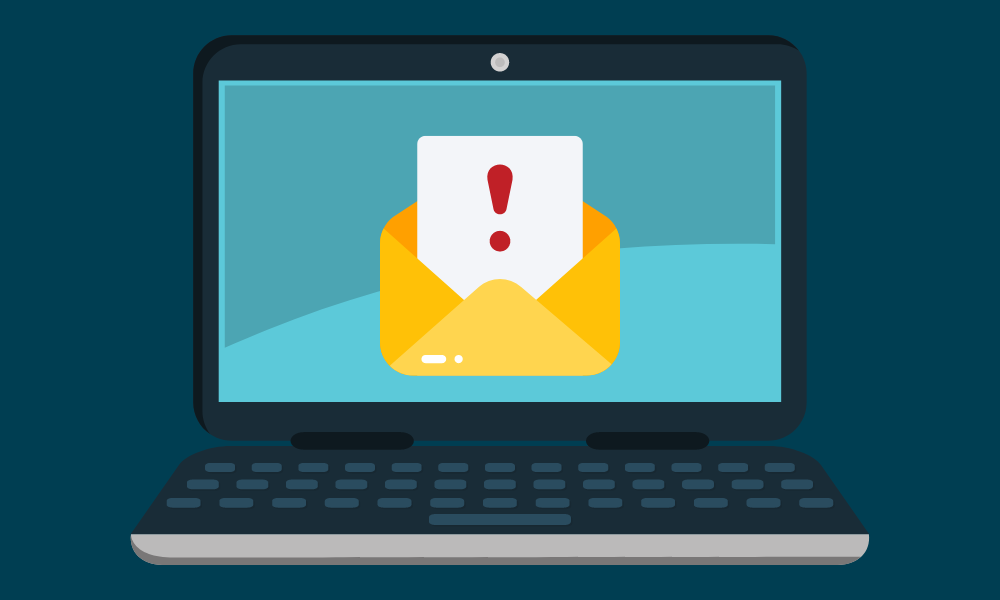In today’s digital age, email has become an important part of our lives. It’s the primary mode of personal communication. With the convenience of email, it’s no surprise that spammers have found ways to exploit it.
That “foreign Prince” who will send you millions of dollars if you wire him a smaller amount first? That message that lets you know your bank account will close soon if you don’t take action now? The weird note that looks like it’s from your credit card company letting you know it’s time to change your password? These are all scams that financially devastate individuals and businesses. An FBI report notes that losses from these scams in 2016-2021 surpassed $43 billion globally.
There’s no decrease in sight. Seniors may be more susceptible to scams or are targeted more often. But how do they get our email addresses in the first place?
Let’s dive into different ways that spammers obtain email addresses.
Harvesting programs
Harvesting programs are software tools that search the internet to find email addresses. These programs look for email addresses posted on websites, forums, and social media platforms to create a list so they can send out spam messages to a broad audience.
Guessing random alphanumeric combinations
Spammers also use software programs to generate random combinations of letters and numbers to create email addresses. They create huge lists of email addresses that may or may not exist, and then they send messages to all of them, hoping that some will find their way to a real person.
Tricking your friends
Sometimes, spammers send out messages that appear to be from someone you know. They may use your friend’s name or email address to trick you into opening the message. Opening a spam email indicates that your email address is active and that a real person is on the other end. This method is also known as “spoofing.”
Buying email address lists
Another way spammers get a hold of email addresses is by buying lists from third-party sources. There are consumer protections that make buying or selling some email lists illegal, but some companies find loopholes or continue to sell addresses illegally.
Clicking suspicious links or loading images in spam email
When you click on a link or load an image in a spam email, it can trigger a note to the scammer that confirms your email address is active. Spammers use this information to create a list of active email addresses they can target with more spam messages or worse – malware. Malware can invade your computer and steal your personal information and files. It’s important to have malware and virus protection installed on your computer to safeguard your privacy.
So, how can you protect yourself from spammers?
One of the best ways to avoid spam emails is by being cautious when providing your email address online. Be wary of signing up for newsletters or promotions that require you to provide your email address. Only provide your email address to trusted sources, and avoid posting it on social media platforms or public forums.
Another way to protect yourself is by using email filters. Most email providers have built-in filters that automatically sort emails into different folders, such as spam or junk mail. You can also create filters to block emails from specific senders or domains. To learn how to add filters, check out this article.
By being cautious online and using email filters, you can reduce the spam emails you receive. Remember to never click on links or load images in spam emails and only to provide your email address to trusted sources. If you’re unsure whether an email is legitimate, it’s best to err on the side of caution and delete it.
Want to learn more about how to protect yourself against scams? Check out some of our other blogs about tech safety tips.
Avoid Scams and Give Fraudsters a Run for The Money
The Naughty List – Better Business Bureau’s 12 Scams of Christmas
13 Online Safety and Technology Tips for Seniors
Holiday Scammers Targeting Seniors at Higher Rates Due to COVID-19



Thank you for sharing this. The Internet is unsafe, so we must always know how to protect ourselves from tricky people. Your blog helps people!
I am happy to read this blog again. Safety should be a priority. Thank you for educating us.